How to Become IAS | IAS Coaching Centers in Lucknow
Every qualified Indian has a bright dream to get a post in IAS, IPS, or IFS.
Many young people prepare for years but they do not get success while some young fellows do their preparation in such a smart way that they get success in the first time itself.
In fact, first of all, it is necessary that we prepare our minds completely for this difficult exam. Nothing happens just by dreaming and having talent, it is necessary to attempt this exam with a skillful combination of talent, hard work, and personality. Let's know in detail what is this exam, how to prepare yourself for it...
To become an IAS, IPS, one has to pass the civil services examination. UPSC (Union Public Service Commission) conducts this exam every year. Every year lakhs of candidates appear for this exam, but only a few get the final selection. so if you
If you want to become IAS, IPS then get ready for hard work.
Educational Qualification & Age Limit
The age of the candidate should be between 21-30 years. SC / ST category candidates are given a relaxation of 5 years. Graduate candidates from India/Nepal/Bhutan can appear for the IPS exam.
physical ability
Height: The height of the male candidate should be at least 165 cms. SC/OBC candidates of 160 cms can also apply. The height of female candidates should be 150 cm. SC/OBC female candidates of 145 cms can also apply.
Chest: At least 84 cms for men. At least 79 centimeters for women.
Vision: The vision of a healthy eye should be 6/6 or 6/9. Weak eyesight should be 6/12 or 6/9.
Examination: For the appointment of IAS, IFS, IPS, IRS, and other administrative posts, one has to pass the Civil Services Examination conducted by UPSC. There are two stages of this exam:
Preliminary (Prelims) and Main...
1. Prelims: It consists of two papers of 200 marks each. In both the papers objective-type questions (objective type/ multiple-choice questions) are asked.
Paper I: National and International, Current Affairs, Indian History, and Indian National Movement, Geography of India and the World, Indian Monarchy and Governance (Constitution, Political System, Panchayati Raj, Public Policy), Economic and Social Development in this paper of 200 marks. Objective questions are asked from subjects like (Sustainable Development, Poverty, Population), Environmental Ecology, Bio-diversity, Climate Change, and General Science. The time limit for this paper is 2 hours.
Paper-II: This paper of 200 marks consists of questions from Comprehension, Interpersonal Skills, Logical Reasoning, and Analytical Ability, Decision Making and Problem Solving, General Mental Ability, Basic Numeracy, and Data Interpretation (Charts, Graphs, Tables).
The time limit for this paper is 2 hours.
2. Main Examination: The Main Examination of the Civil Services consists of a written examination and an interview. There are total 9 papers in the written exam, out of which two are for qualifying (A and B) and seven others for merit.
(Candidates have to choose any one Indian language included in the Eighth Schedule of the Constitution)
Subjects: In addition to English and Essay, this subject includes:
Indian Heritage and Culture, History of the World and Society, Geography
* Governance, Constitution, Monarchy, Social Justice and International Relations
* Technology, Economic Development, Bio-diversity, Environment, Security and Disaster Management
Ethics, Integrity, Aptitude
The total sum of the written examination of all the subjects is 1750. The final stage interview is 275 thus the total marks are 2025.
Optional Subjects: Agriculture, Animal Husbandry and Veterinary Science, Anthropology, Botany, Chemistry, Civil Engineering, Commerce and Accountancy, Economics, Electrical Engineering, Geography, Earth Sciences, History, Law, Management, Mechanical Engineering, Medical Science, Philosophy, Physics, Political Science and International Relations, Psychology, Public Administration, Sociology, Statistics, Zoology, and Languages (Assamese, Bengali, Bodo, Dogri, Gujarati, Hindi, Kannada, Kashmiri, Konkani, Maithili, Malayalam, Manipuri, Santhali, Sindhi, Tamil, Telugu, Urdu, and English) as an optional subject.
Interview: After clearing the main exam candidates are called for a personal interview round. This interview is for about 45 minutes. The interview of the candidate takes place in front of a panel. A merit list is prepared after the interview. Qualifying paper numbers are not added while preparing the merit list.
Apart from clearing the UPSC exam, one can also become an IPS officer by clearing the state PSC exam. After passing the state-level exam, it takes eight to 10 years to become an SP.
Training: Selected candidates are sent to Mussoorie and then to Hyderabad for one year of training. Prospective police officers are trained in the Indian Penal Code, Special Law, and Criminology. Officers are also given physical training.

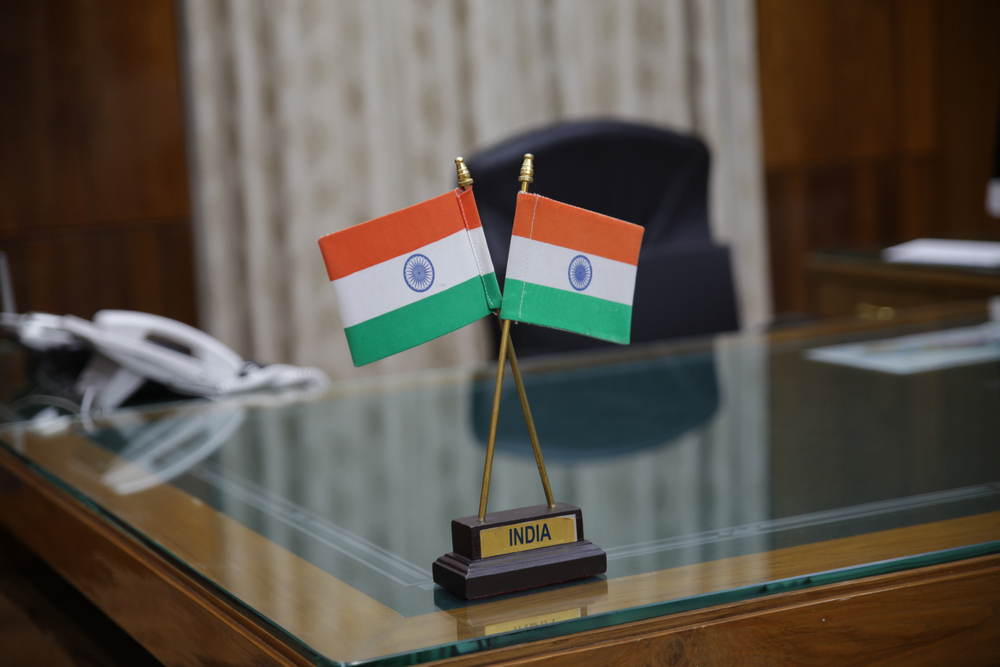
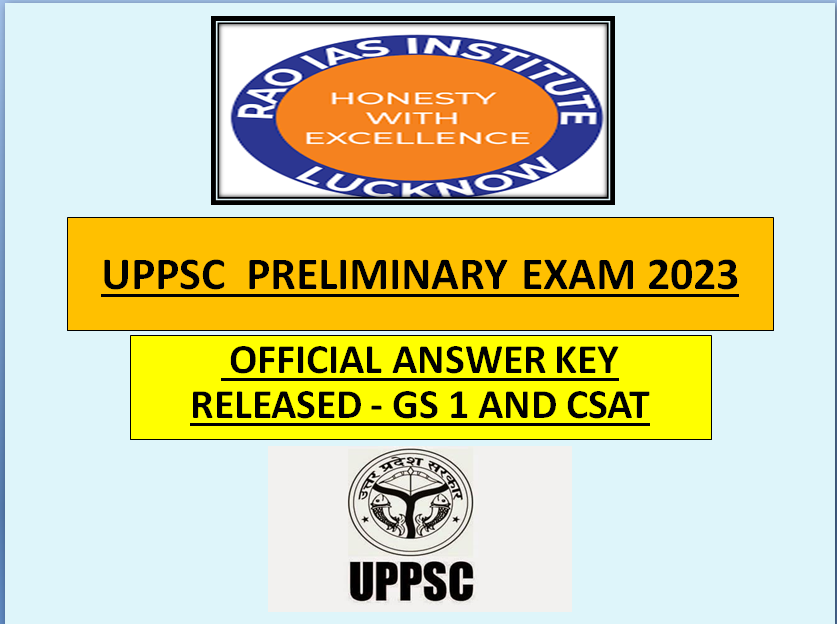
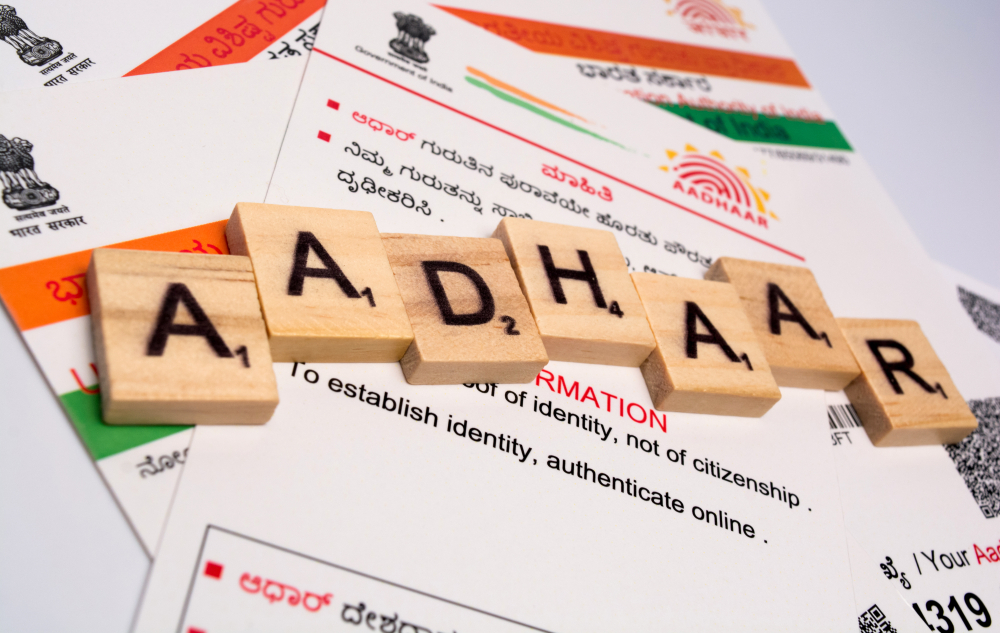
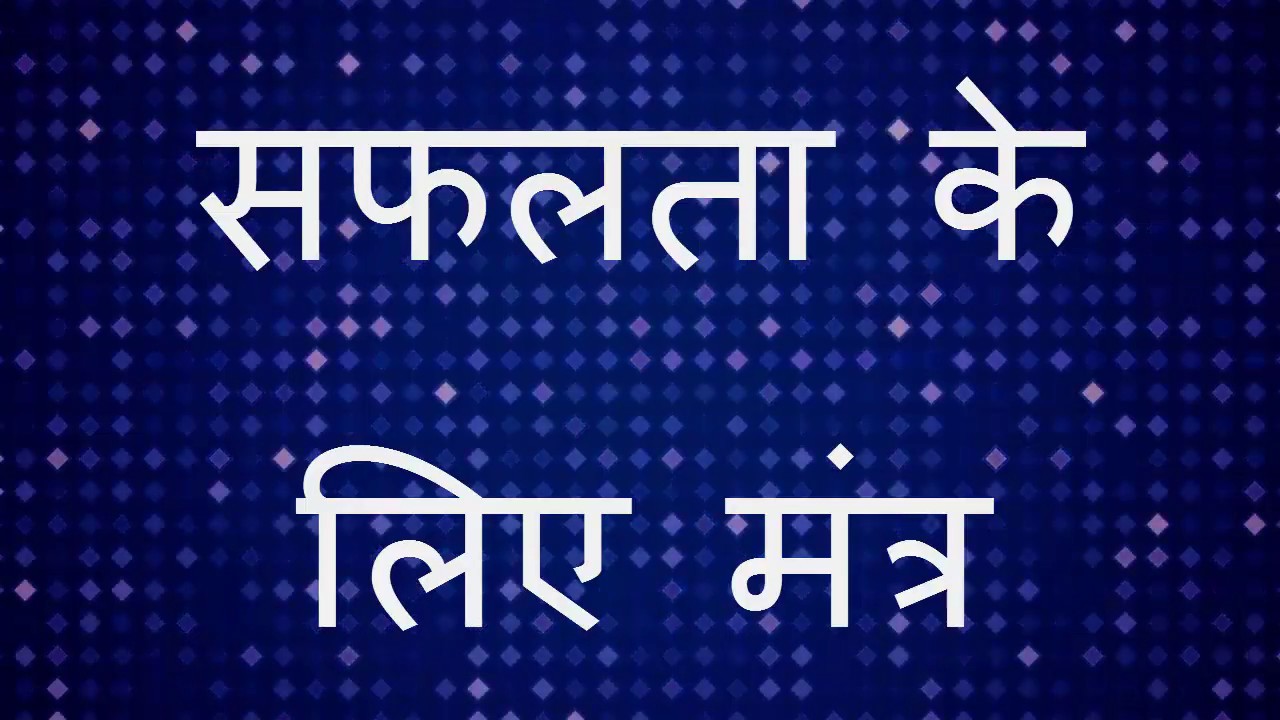
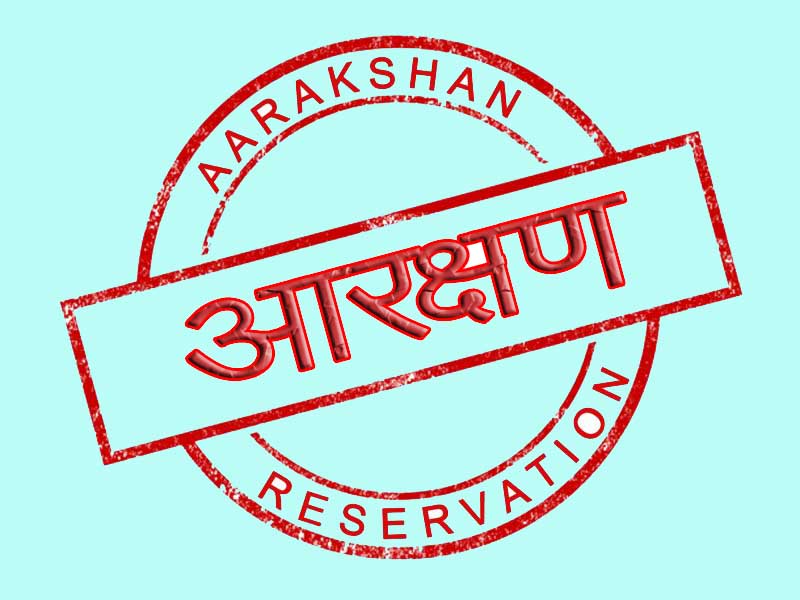
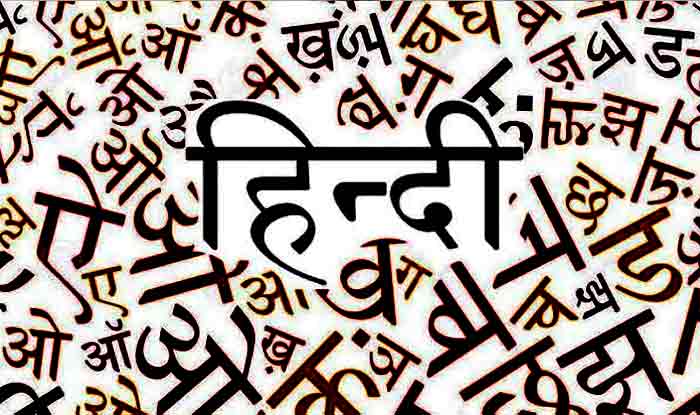
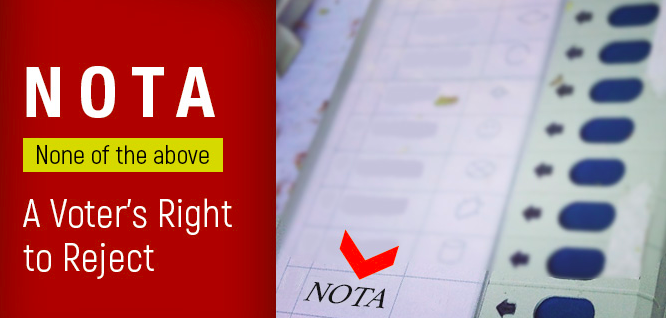
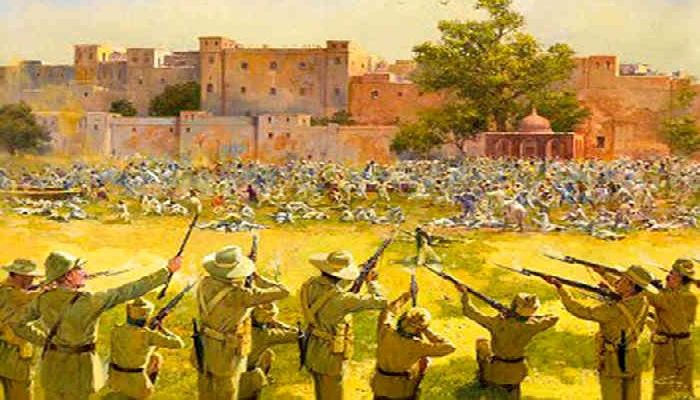

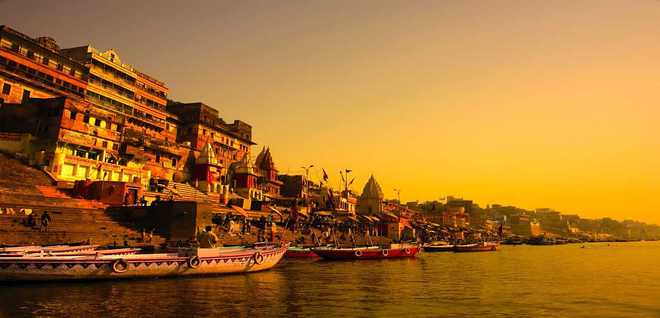
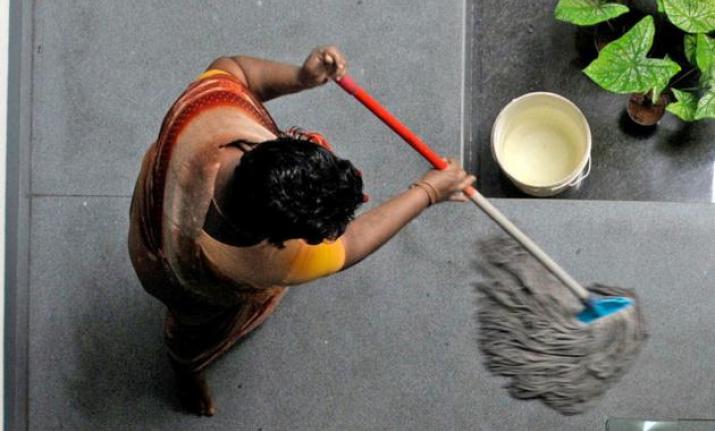
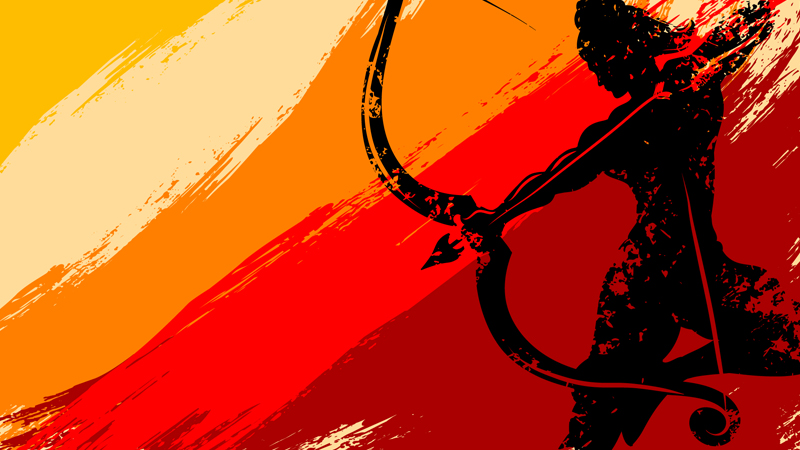
Comments